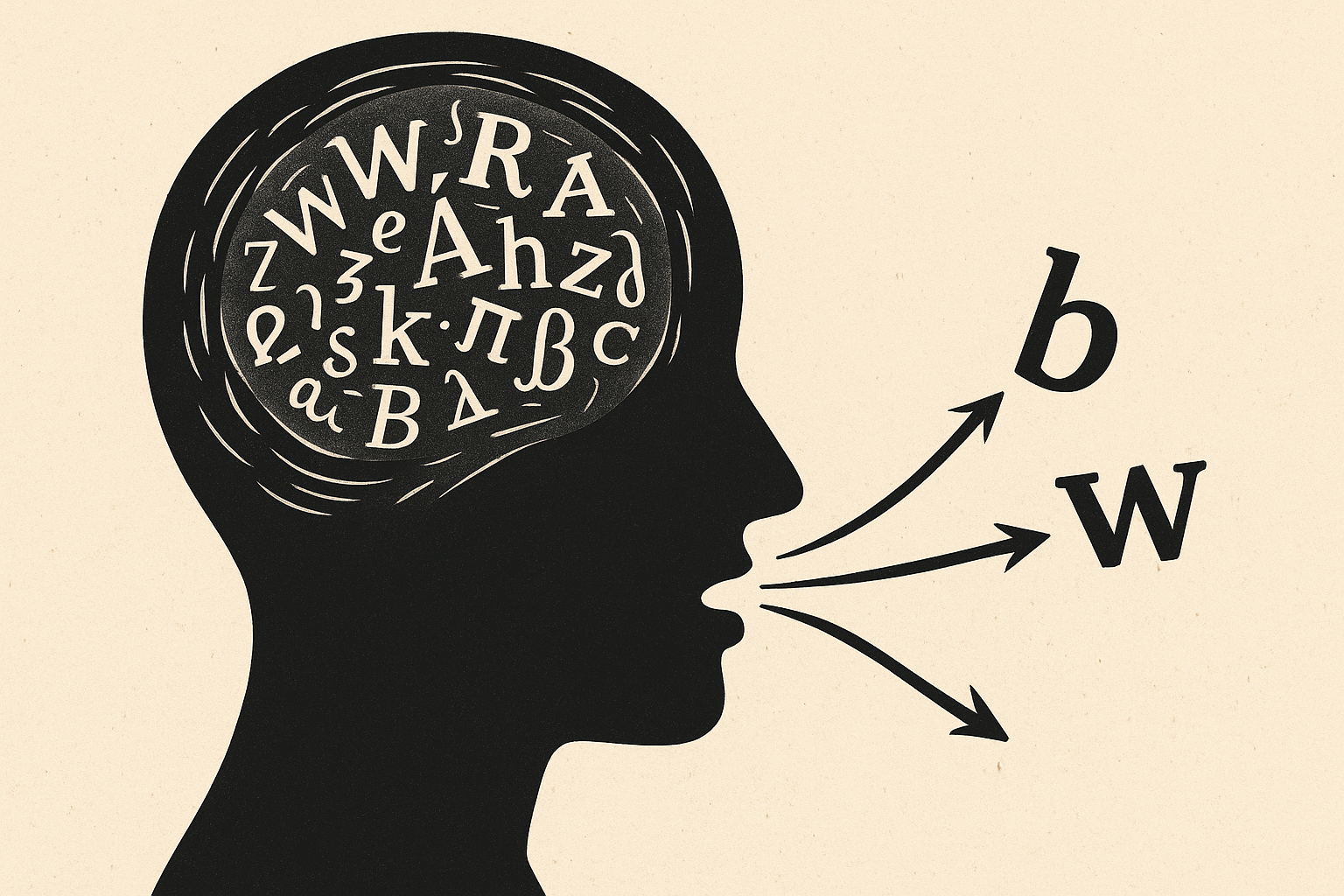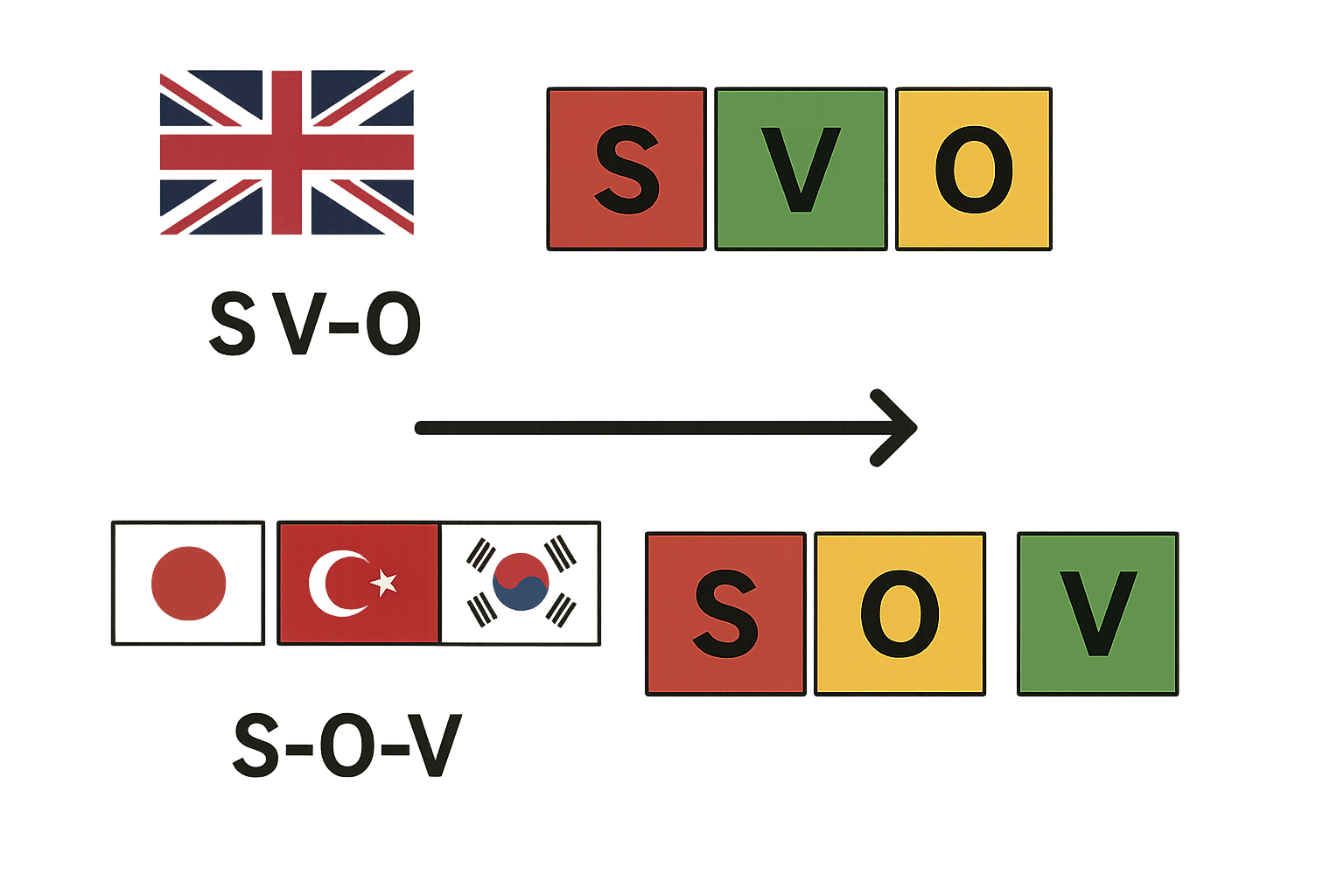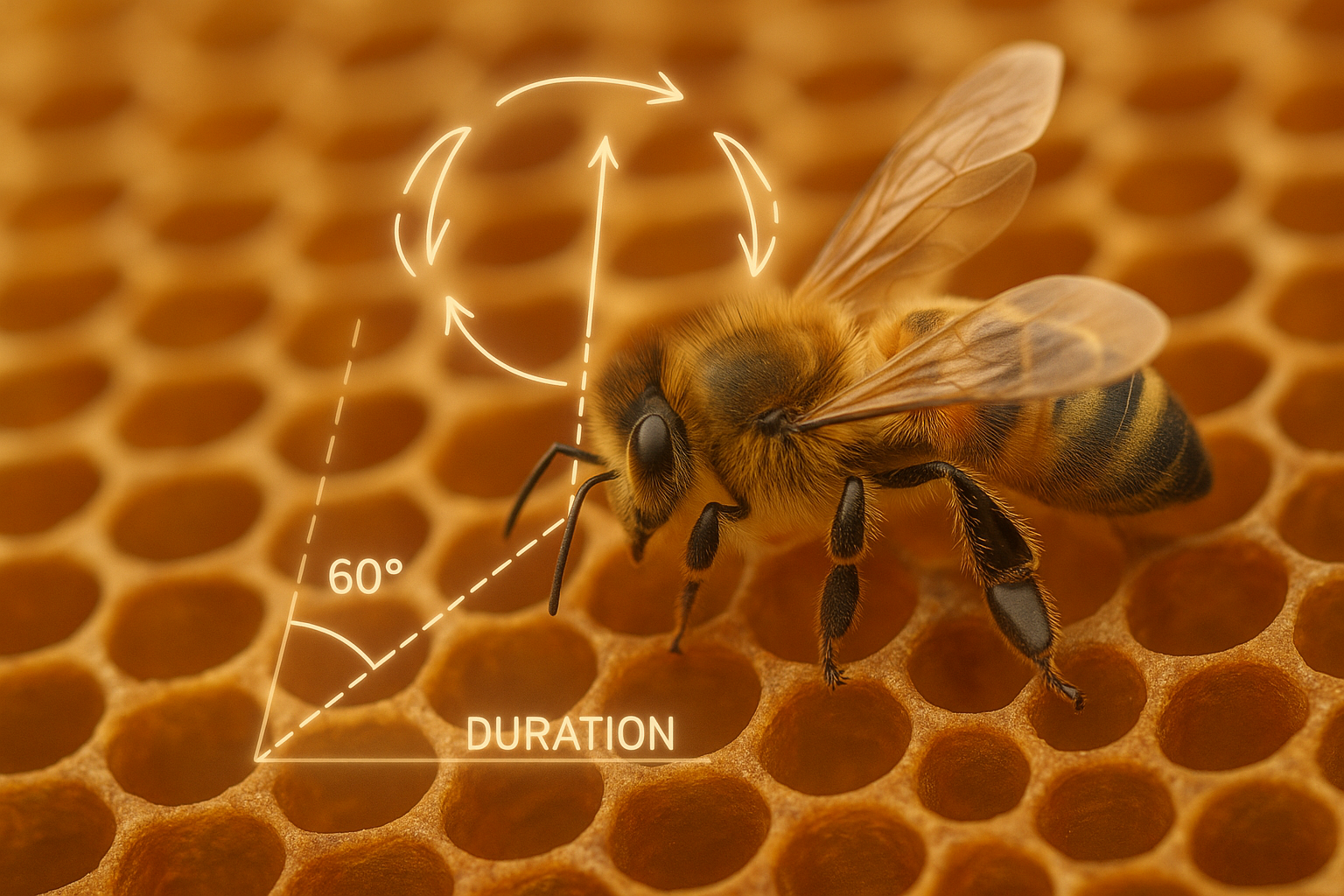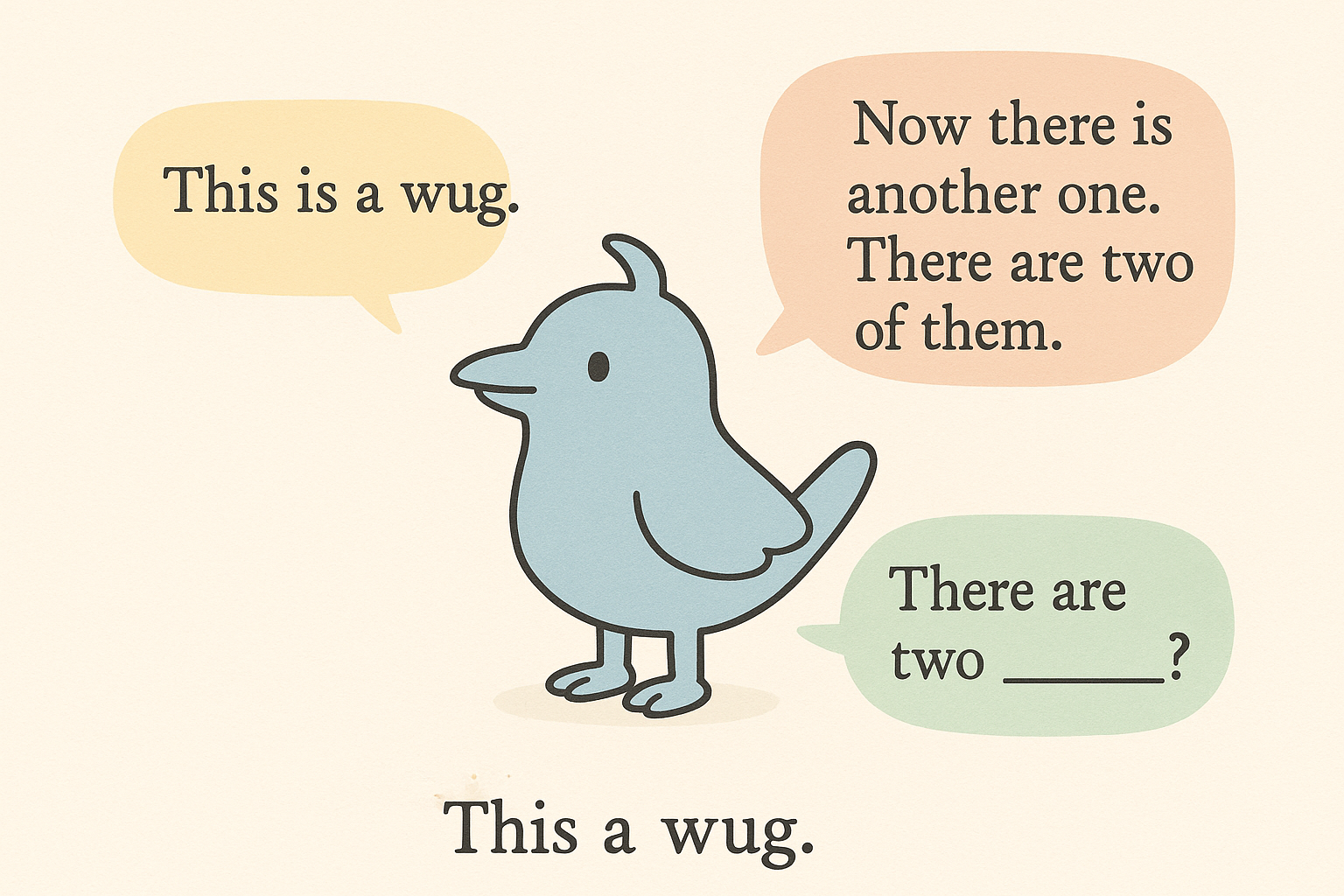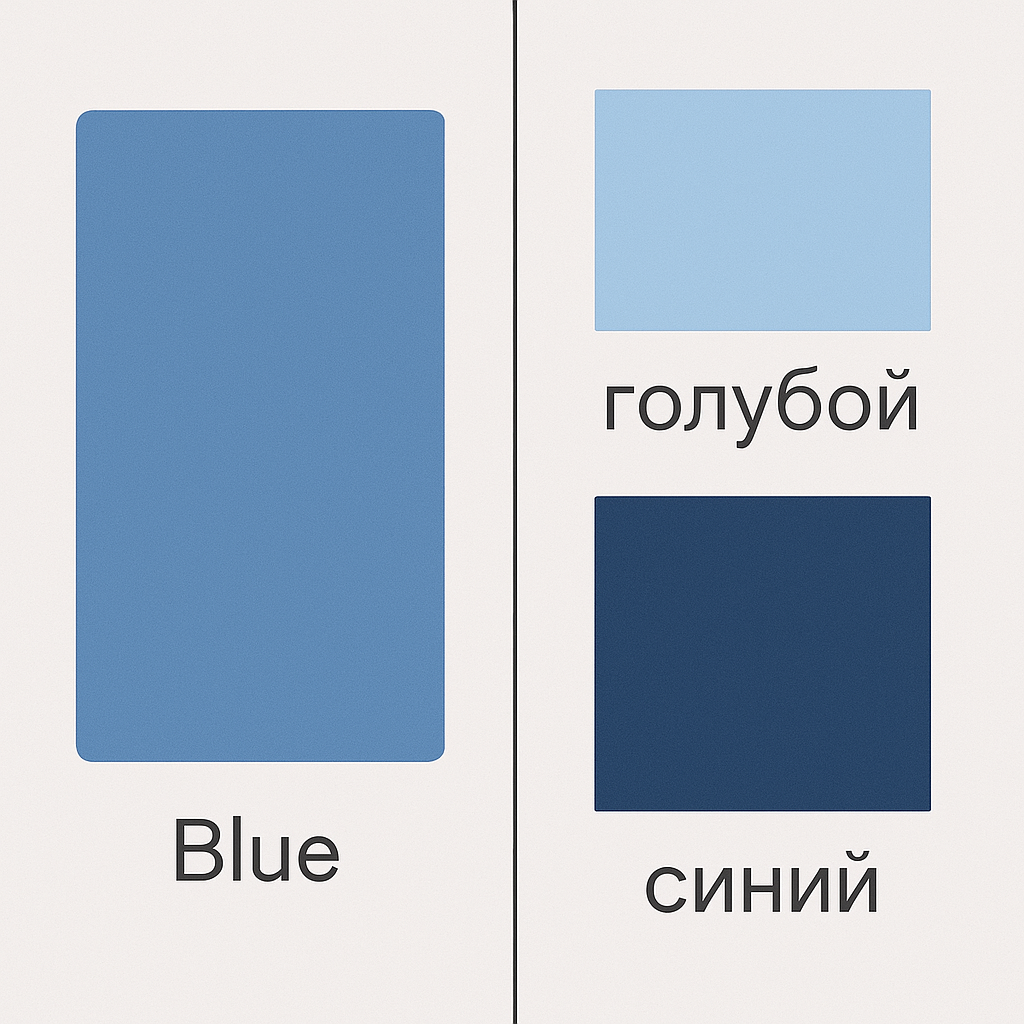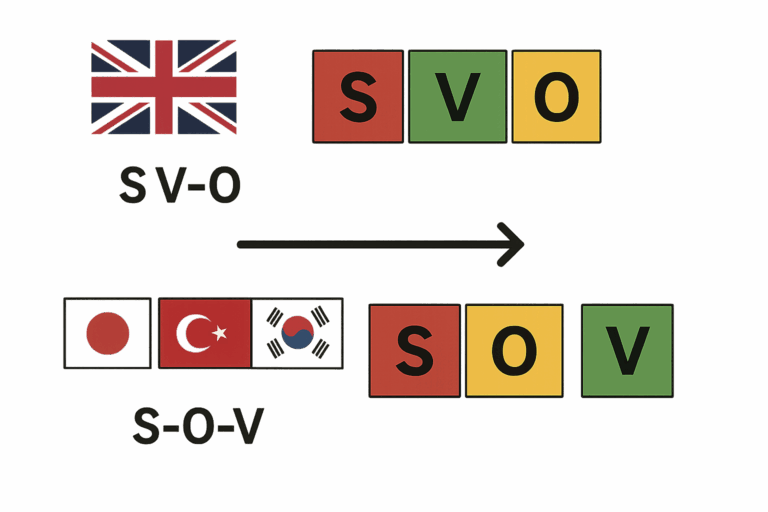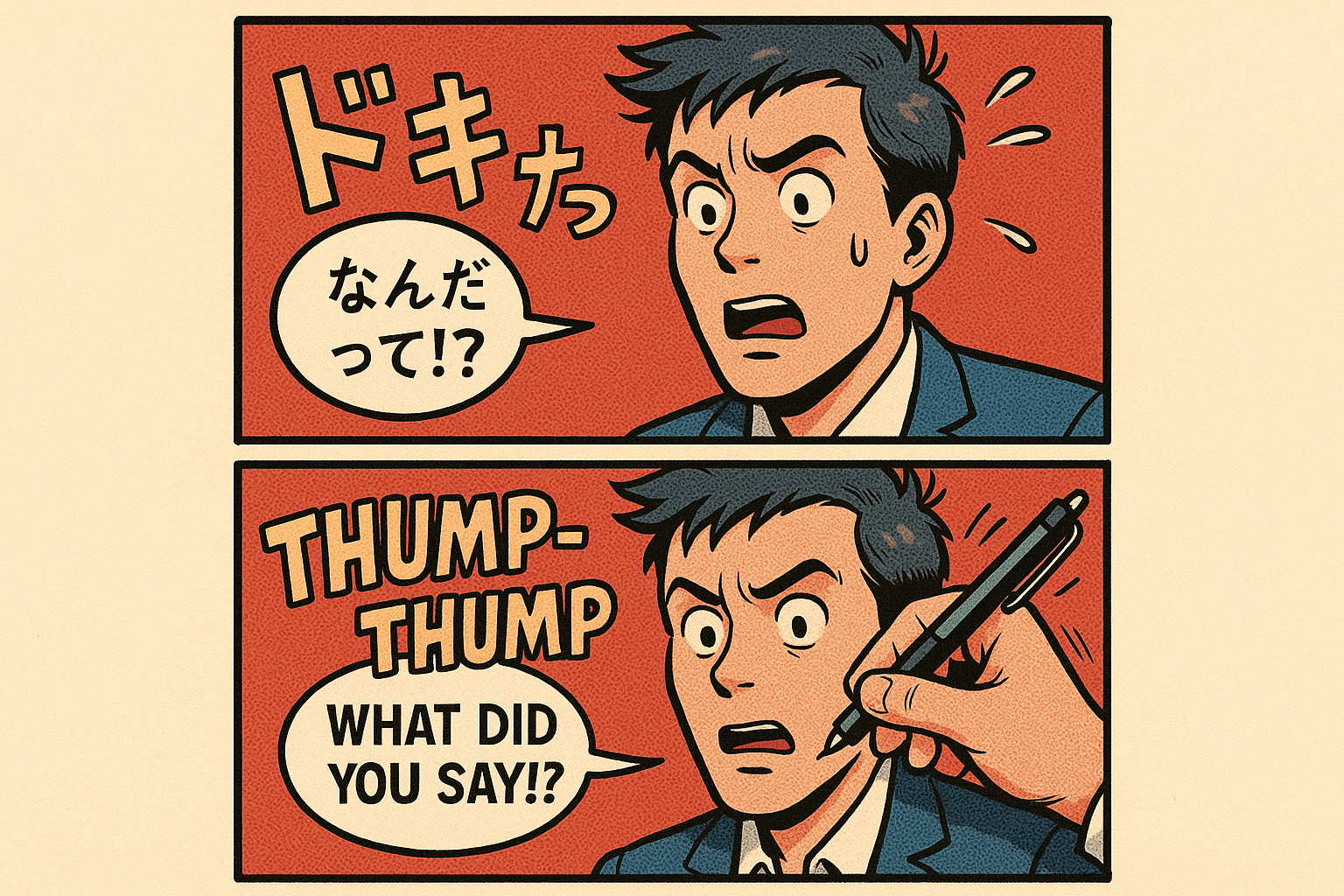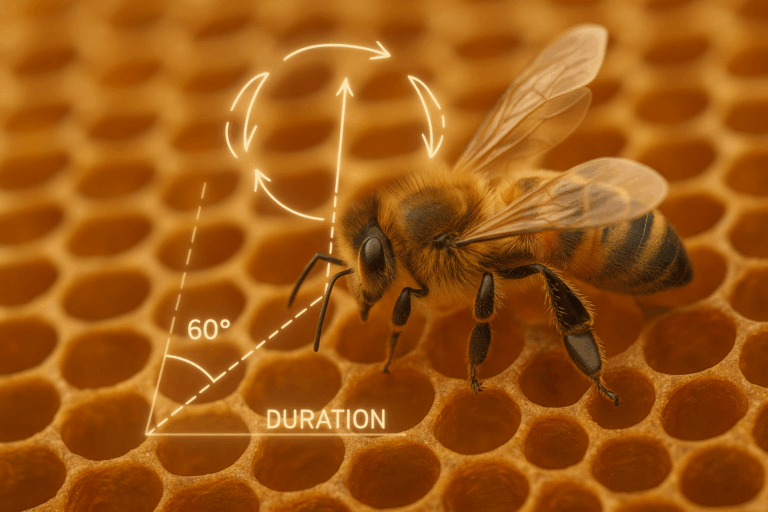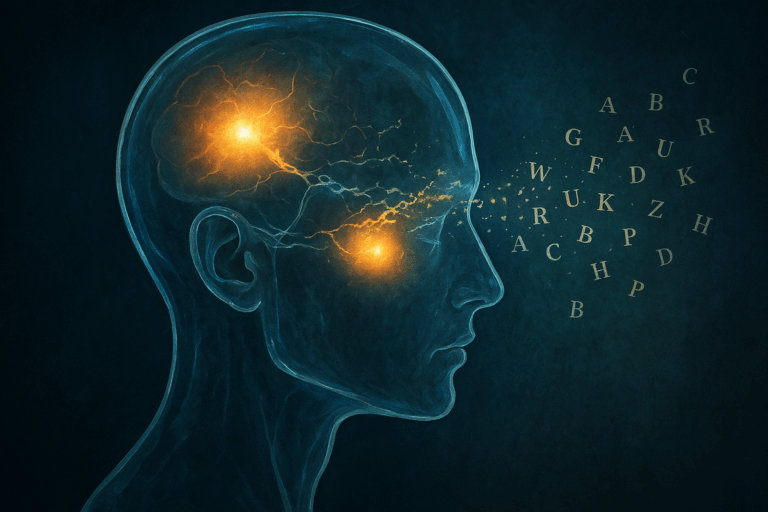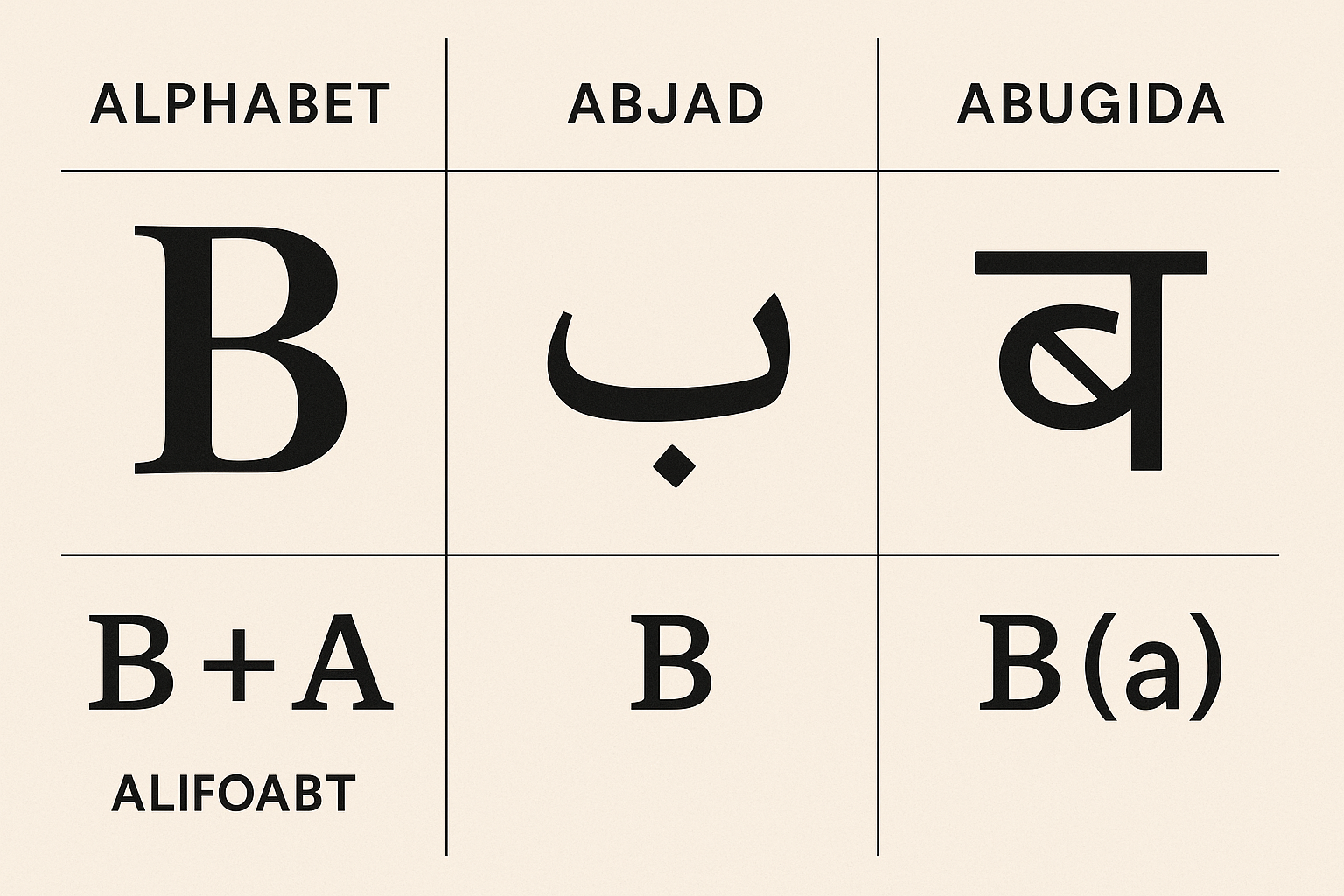Freudian Slips or Brain Glitches? What Slips of the Tongue Reveal About How We Organize Language
When you accidentally say “a lack of pies” instead of “a pack of lies,” what’s really happening? While Freud saw hidden desires, modern linguists see a “brain glitch” that offers a fascinating window into how our minds organize language. These common errors reveal that our brains build sentences on the fly, storing words and sounds in complex networks that sometimes get their wires crossed.
